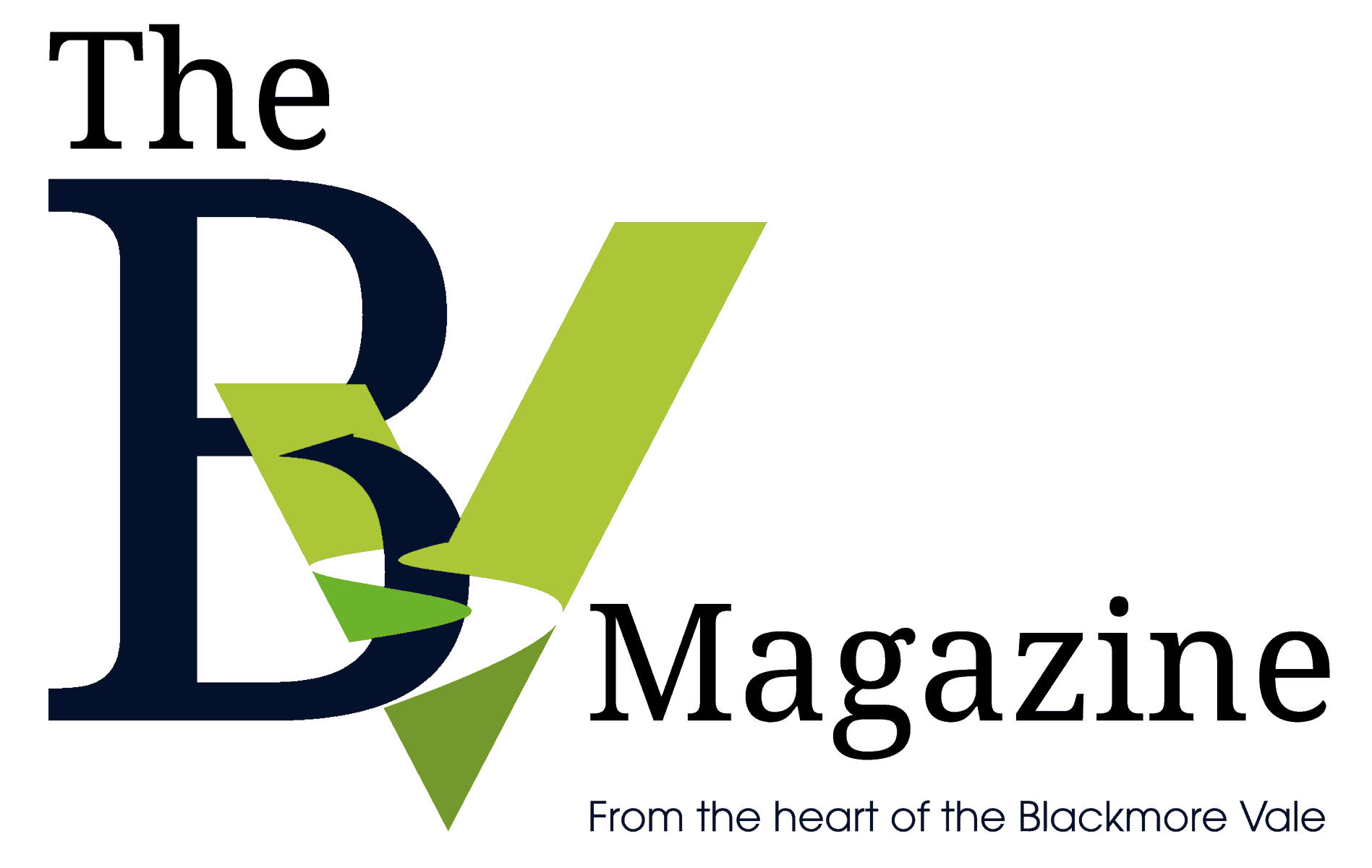A decade after the horsemeat scandal, how have we ended up in a place with more risks than ever to our food, asks Andrew Livingston
This may be a testament to how quickly time seems to have sped up since the pandemic, but I was amazed to see the other day that it is the ten-year anniversary of the horsemeat scandal.
In my head, being petrified of lasagne was a noughties thing, like updating your Bebo, listening to the Black Eyed Peas or sitting down to watch Robot Wars on the TV (it really wasn’t a decade of high culture).
The scandal started in the November of 2012 when the Irish Food Safety Authority started testing cheap frozen beef burgers and ready meals. Results came back and horsemeat was found in over one-third of the burgers and pig in the ready meals.
The horsey burgers were made in three factories –two from Ireland and one from Yorkshire. Two of the factories were a subsidiary of ABP Food Group, the largest beef processor in Europe.
ABP was quick to pass on the blame to their continental suppliers, stating that they had no knowledge of the contamination, but as more and more products were tested the issue snowballed.
ASDA ‘beef’ bolognese was soon found with horsemeat, the first case of it found in fresh meat. It was starting to seem like no one was safe.
French manufacturer Comigel had its frozen beef lasagnes and bologneses, which it supplied to Tesco and Aldi, tested.
The result came back at 100 per cent horsemeat.
Now, I don’t bring this up to simply remind everyone of the time they gnawed on Black Beauty, Red Rum and My Little Pony.
Food contamination scandals like this occur in most decades. Less than ten years before the Horsemeat Scandal, the UK had an outbreak of BSE (Mad Cow Disease), when infected meat from cattle went into the food chain and resulted in 176 human deaths.
Dorset cows don’t neigh
Since Brexit, the risk of another food scandal has increased. Great Britain is no longer a part of the food safety network of Europe, meaning food entering the large European ports destined for the UK is waved through without inspection.
Staggeringly, 40 per cent of the food we eat is imported – it is susceptible to tampering and contamination, but does not receive any proper checks when it reaches our borders. In an ideal world, the UK would be 100 per cent self-sufficient, of course, but unfortunately people love eating avocados too much. I do however believe that the horsemeat scandal should be a lesson that British beef is best. I guarantee the beef found on our Dorset hillsides spends a lot less time neighing than the meat in your frozen lasagne or burger …
Unfortunately, the UK government has an aversion to taking British farming seriously – and, frankly taking food seriously at all. A crashed egg market, pigs being slaughtered on farms and their meat thrown away, and a global pandemic that left shelves bare have all left our government with egg on their face.
Yet our MPs continue to leave agriculture at the bottom of their To Do list.
Sponsored by Trethowans – Law as it should be




